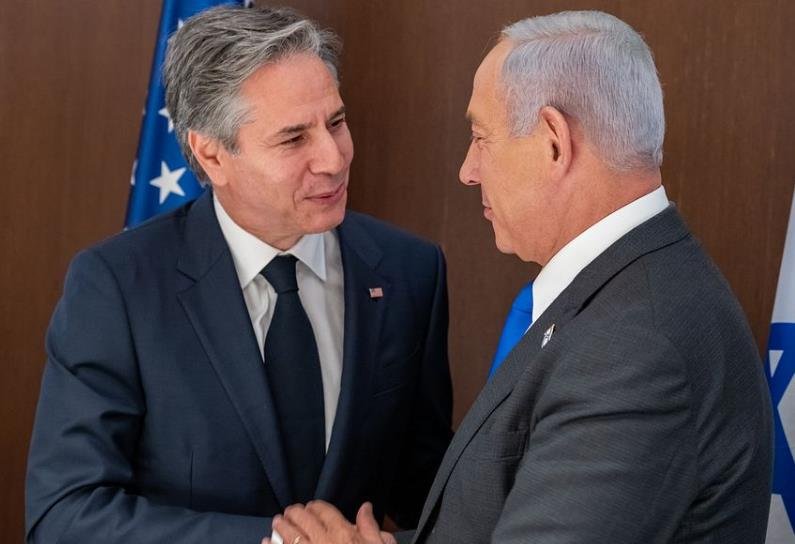In a world where optics often overshadow substance, the recent actions of American and Israeli leaders have sparked a debate on the authenticity of political engagements. As these leaders navigate the complex landscape of international relations, their public gestures are increasingly scrutinized for being mere window dressings rather than genuine efforts to address underlying issues.
Diplomatic engagements between nations are often a blend of ceremonial tradition and strategic negotiation. However, when the cameras roll and the world watches, leaders may resort to performative actions that serve more to appease public expectations than to forge substantive policy changes. The question arises: are these leaders truly committed to the causes they champion, or are they simply playing to the gallery?

The recent interactions between American and Israeli leaders have brought this question to the fore. With each public handshake and joint press conference, analysts and citizens alike ponder the depth of their commitment to resolving long-standing conflicts.
Behind the Curtain of Political Theater
Beyond the public eye, the real work of diplomacy is less glamorous but more impactful. It involves tedious negotiations, compromises, and often, the willingness to confront uncomfortable truths. Yet, these efforts rarely make headlines, overshadowed by the more visually appealing moments of diplomacy.
The discrepancy between what is seen and what is done raises concerns about the sincerity of political leaders. Are the televised moments of unity reflective of a genuine consensus, or are they carefully choreographed to project an image of harmony?
The Future of Authentic Engagement
As the global community yearns for transparent and effective leadership, the onus falls on political figures to demonstrate that their public displays are backed by real action. The challenge lies in bridging the gap between the spectacle of diplomacy and the substance of policy-making.
The enduring relationship between American and Israeli leaders will continue to be a focal point of international politics. Observers hope that the future will bring a shift towards more authentic and result-oriented engagements, moving beyond the political window dressings that have characterized recent interactions.
